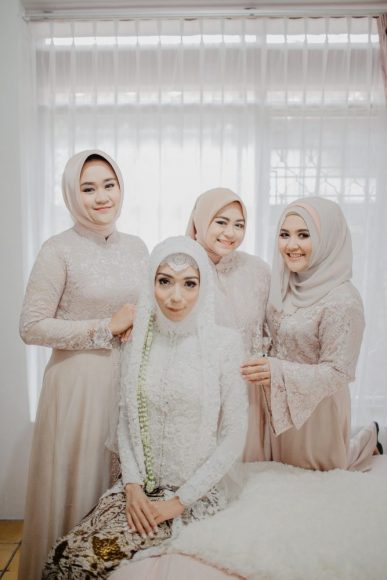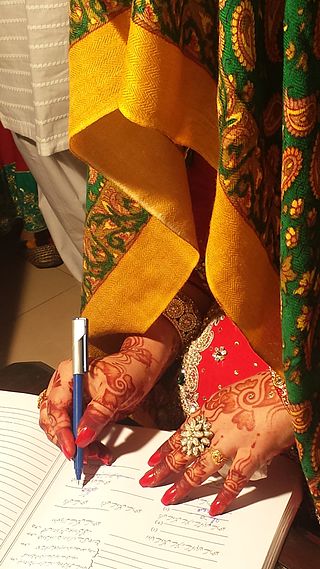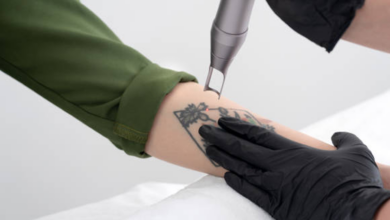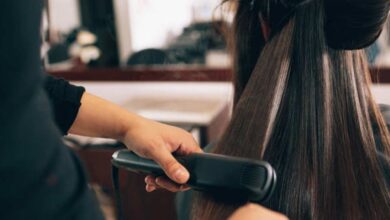As you prepare for your first Muslim wedding ceremony when you receive beautifully designed Muslim Wedding Invitation Cards, it is natural to feel a mix of excitement and nervousness. The ceremony, which is rich in customs and traditions, commemorates an important turning point in the lives of the newlyweds.
It’s important to be aware of what to anticipate, what to dress, and the proper etiquette to observe to have a memorable and delightful experience. With this handbook, you’ll be fully prepared to celebrate marriage in the eyes of the Islamic faith.
What To Wear?
The mosque is a solemn place where the faithful gather to worship, thus it is important to dress modestly. The best outfit for guys is a long-sleeved shirt, long trousers, and formal shoes.
Women should cover their arms and heads by using long skirts or dresses. It is usually a good idea to have a scarf just in case, since women may sometimes be required to cover their heads. You can wear the same outfit to the reception, but you are not required to cover your head.
See Also: Wedding Dress Types and Styles – Which suits me?
Removing Shoes In The Mosque
You must take off your shoes to enter the mosque. You can leave your shoes in a designated spot and pick them up when you’re ready to go. To stop dirt from being carried inside the mosque, where worshipers offer their prayers on the carpet, it is common to take off shoes.
Seating Arrangements
Men and women are often seated apart during a Muslim wedding ceremony. Gender separation, such as different rooms or walls, may be present in the reception area. If you are not a faithful Muslim, though, your hosts might seat you at a mixed-gender table with other non-Muslims.
See Also: How to Become a Wedding Planner?
The Ceremony
The Muslim wedding ceremony is a short and sweet affair that usually lasts less than an hour. There are three main parts to the ceremony: Mehr, Nikah-Namah, and Savaqah.
- The exchange of gifts between the bride and the groom is known as Mehr. In most cases, this is the engagement ring, and the bride and groom aren’t permitted to look at each other during this section of the ceremony.
- The bride and groom sign the Nikah-Namah, a Muslim marriage contract, in front of their guests. During the wedding ceremony, the contract is read out in Arabic and is also signed at this time. The couple is formally wedded at this point in the ceremony after certain passages from the Quran are recited during a brief sermon.
- The Islamic wedding ritual concludes with the savaqah. In celebration, the bride receives a shower of coins as the pair leaves the ceremony.
Interaction between Genders
At a Muslim wedding, mixing with the other gender is often disapproved of. It is preferable to avoid dancing, shaking hands, or making physical contact with someone of the opposing gender if you are witnessing your first Muslim wedding unless they initiate the interaction.
See Also: Perfect Your Professional Greeting Etiquette With 3 Basic Welcome Rules
Cultural Representation
Nearly 25% of people worldwide practice Islam, making it a widely practiced religion. Since American Muslims have origins in the Arabic-speaking world, along with South Asian Americans, African-Americans, Nigerian Americans, and others, a Muslim wedding may therefore be a cross-section of diverse cultures.
Your first Muslim wedding can also be your first encounter with a Nigerian, Indian, or any other culture wedding, adding additional societal expectations and rituals to the already rich and soulful celebration.
Alcohol Is Strictly Prohibited
It’s also important to remember that Muslims often refrain from serving alcohol at weddings, so don’t be shocked if there isn’t an open bar. Usually, there are non-alcoholic drinks available for visitors to enjoy.
Gift-Giving Is A Common Practice At Muslim Weddings
It is customary to present a gift for the happy couple if you are attending a Muslim wedding. Frequently, a gift registry is created, however, a special request from the couple is also possible. A hand-painted vase or a silver dish are examples of traditional or sentimental objects you might choose.
In conclusion, a Muslim wedding is a lovely and heartfelt celebration of a couple’s marriage with family and friends. It’s a joyous occasion full of love, laughter, and blessings.
Whether or not you’ve got a Muslim wedding invitation card, it’s crucial to get acquainted with the traditions, rituals, and requirements of a Muslim wedding so that you can show respect and take full advantage of the celebration. Don’t forget to dress modestly, consider gender norms, bring a present, and be ready for an incredible event.










